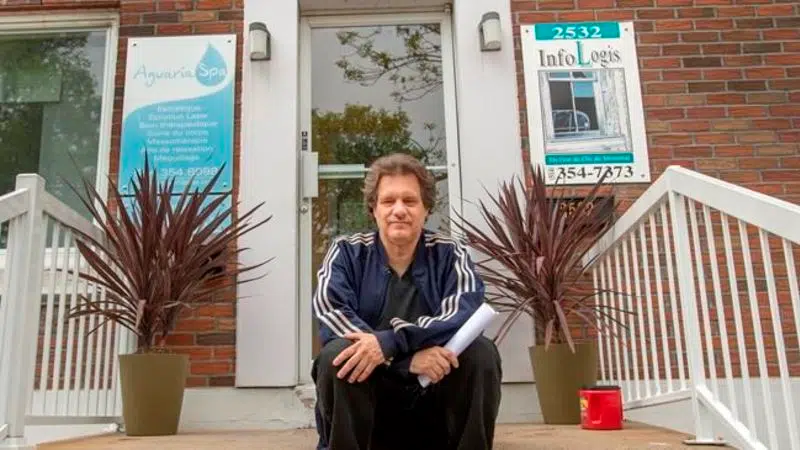
Montreal aims to find affordable-housing fix that has eluded Toronto, Vancouver
MONTREAL — As Toronto and Vancouver struggle to keep housing affordable for anyone but the wealthy, Montreal says its new, first-on-the-continent development model will help it succeed where other big cities have failed.
Montreal led big Canadian cities in 2018 with economic growth of almost 3 per cent, while its real estate market outperformed Toronto and Vancouver’s for the first time since 1998.
As home prices continue to climb, the city is getting ready to table a bylaw this month requiring condo developers to build a certain number of off-market units for every shiny new residential tower they want to erect.
